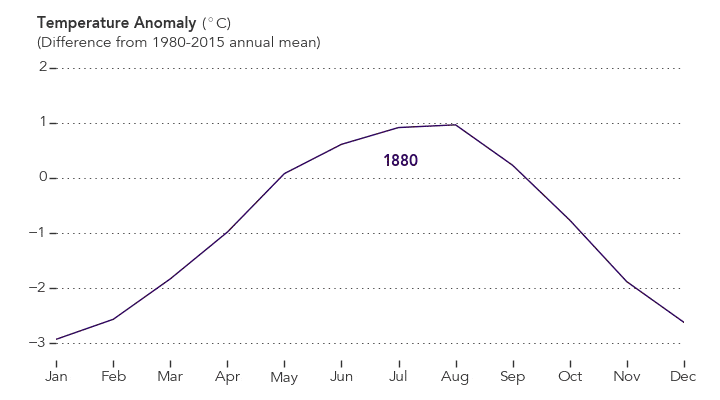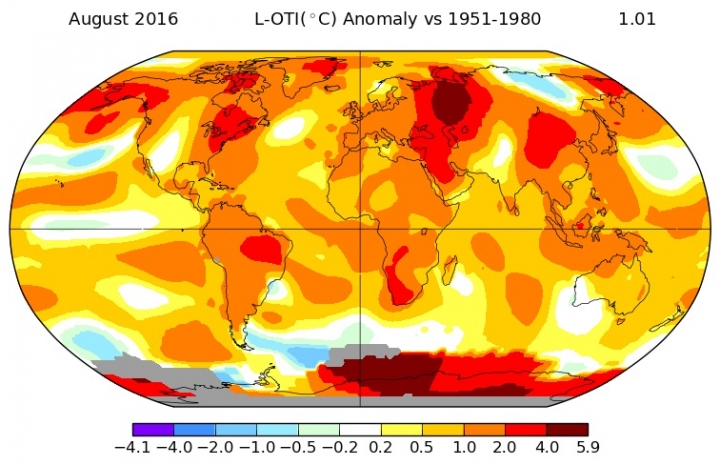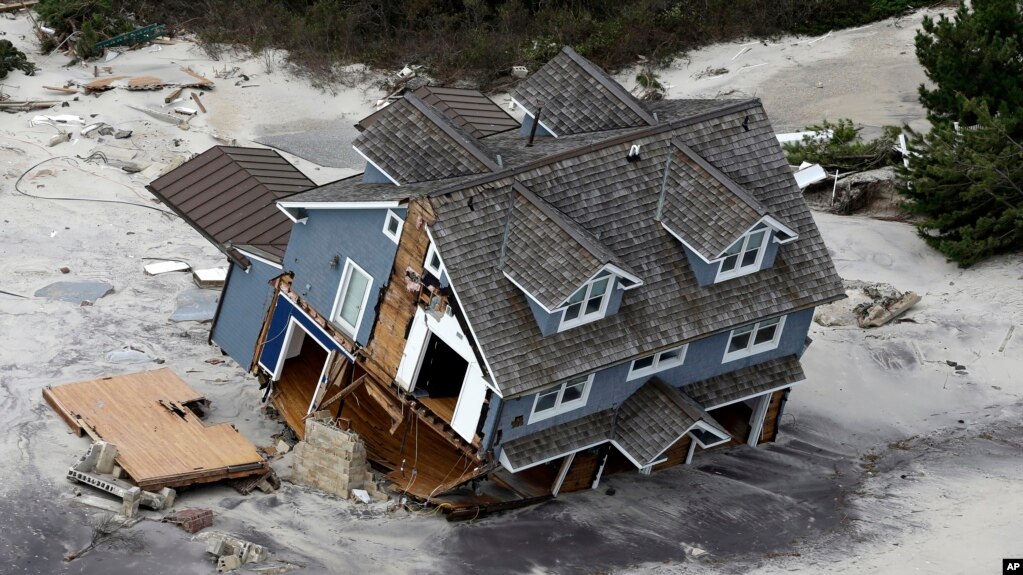I think not. Especially when they get caught publishing a lie like this.
Quote: Originally Posted by Chris
In Nevada....
July was the hottest month ever recorded in Las Vegas, according to the National Weather Service.
The average temperature last month was 96.2 degrees, the highest since record keeping began in 1937. The previous record, set in July 2007, was 95.4.
WEEK IN REVIEW: Top News | TradingMarkets.com
The problem is this is a lie. And a HUGE lie at that. You see the average July temperature for Las Vegas is 107 degrees, and for August it is 103 degrees.
Las Vegas Weather and Average Temperatures
When they publish such outright drivel as this, they can't be trusted with anything.
Quote: Originally Posted by Chris
In Nevada....
July was the hottest month ever recorded in Las Vegas, according to the National Weather Service.
The average temperature last month was 96.2 degrees, the highest since record keeping began in 1937. The previous record, set in July 2007, was 95.4.
WEEK IN REVIEW: Top News | TradingMarkets.com
The problem is this is a lie. And a HUGE lie at that. You see the average July temperature for Las Vegas is 107 degrees, and for August it is 103 degrees.
Las Vegas Weather and Average Temperatures
When they publish such outright drivel as this, they can't be trusted with anything.









